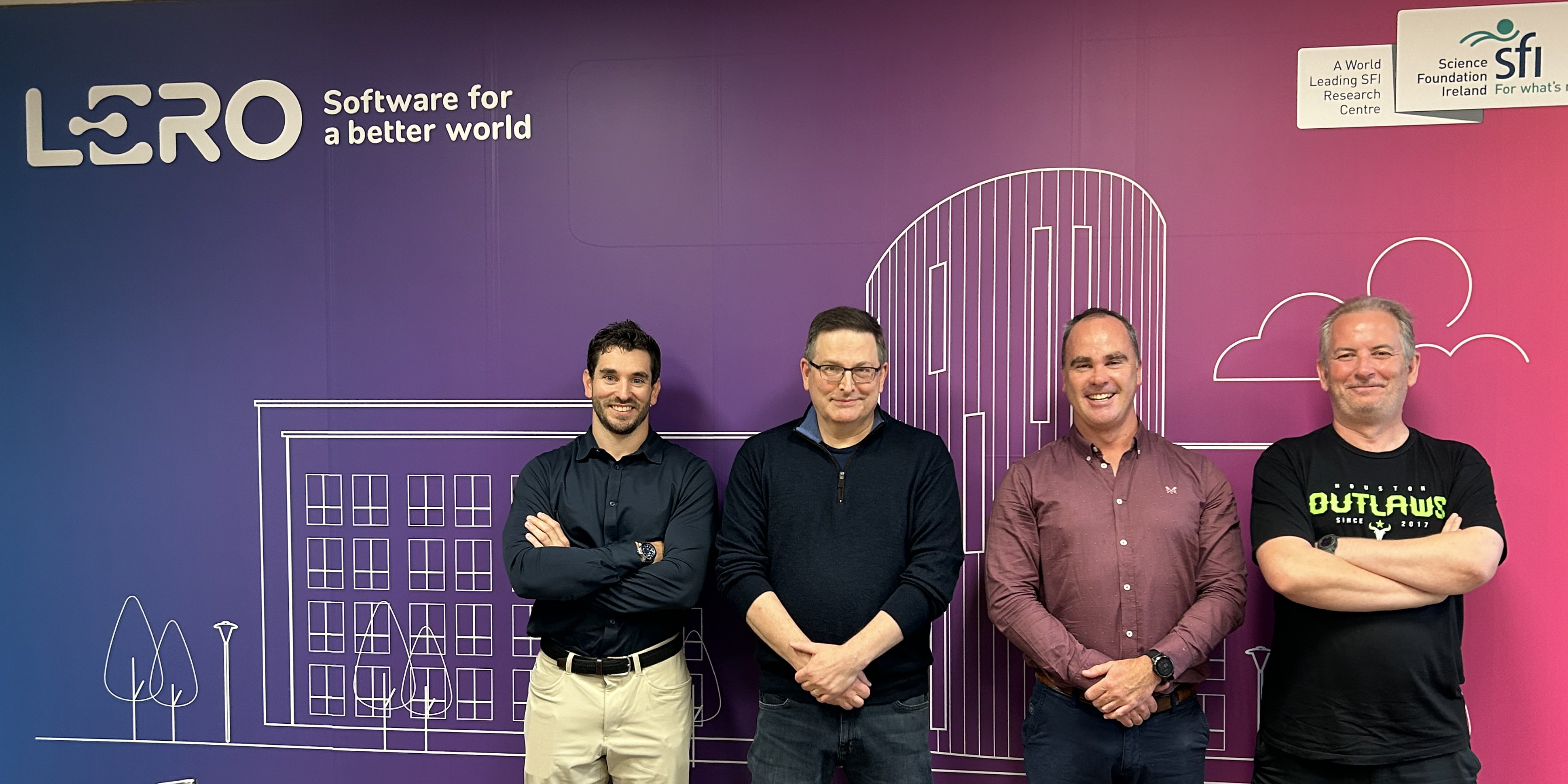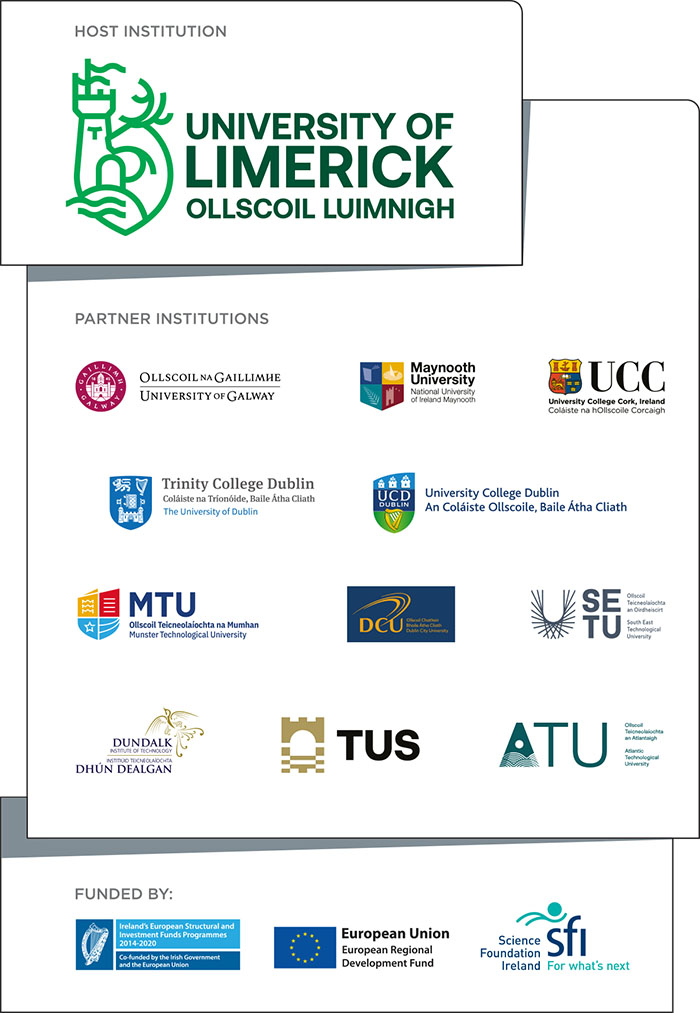Lero and Logitech join forces to engage in a €2.5M research project aimed at the global €250 billion gaming market
You are here
The University of Limerick based software research centre, Lero, is to collaborate on a new multi-year research project, which will involve the testing of 2,000 top video gamers in partnership with gaming computer peripherals giant Logitech G, to better understand how computer gamers train and compete.
Logitech gaming innovation engineer Niall White said: “This €2.5 million four-year partnership with Lero builds on previous research projects with Lero, which have yielded positive results and enabled the company to gain an edge in the global video game industry.
“Lero are the best in the business at this type of software research, and the outputs from this project will help us design and create new gaming products for augmenting gaming performance – mouse, headsets, keyboards and controllers, for example.”

Adam Toth – Research Program Manager at the Lero eSports & Human Performance Lab, University of Limerick / Lero;
Matt Sughrue – Lead Software Project Manager at Logitech;
Mark Campbell – Director of the Lero eSports & Human Performance Lab and Lero Funded Investigator, University of Limerick / Lero;
Niall White – Gaming & Innovation Engineer at Logitech.
The research partnership extension signals Logitech G’s continued dedication to advancing the industry's scientific knowledge base of gaming and esports performance.
Lero and Logitech G have collaborated across a range of studies since 2016 to measure the biomechanical, psychological and cognitive capabilities of professional esports athletes to casual gamers to better understand their needs and innovate products to serve them.
Director of the Esport Science Research Lab at Lero, Professor Mark Campbell, said the project's goals are to advance our understanding of how gamers train and compete.
“We will have to create bespoke software tests to identify and measure key performance indicators of gaming and gamers, and identify and measure the biomarkers of esports and gaming performance.
“This will be achieved through the use of cutting-edge technology such as brain imaging, eye tracking and biosensors,” said Dr Campbell, who is Professor in Sport and Performance Psychology at the University of Limerick.
Professor Campbell said Lero aims to test up to 2,000 gamers or more over the next four years of the project, beginning today (August 18) at the Gamescom convention in Cologne, Germany, where Lero plans to test hundreds of gamers over the five-day convention.
“The information we gather will help enable the development of AI-powered smart gaming peripherals such as mice, keyboards and headsets with biosensors for human performance monitoring in-game and other potential training tools such as bespoke software tests using AI dynamic difficulty adjustments for smarter training and competing,” he added.
Professor Campbell said the four-year research programme will be of benefit to Ireland’s €500 million gaming industry employing close to 2,000 people as the project will involve developing strong PhD students, research assistants and Post Docs dedicated to focused research areas across fields such as computer science, psychology, neuroscience, sport science, software engineering, and human-centred design.
“We will leverage behavioural, physiological and performance data from both professional and amateur gamers during play and training sessions to assess player performance, identify key influencing factors and enhance the gaming experience. Additionally, this project will explore prototyping and iterative design methodologies to develop next-generation gaming tools, interfaces, and performance-tracking systems tailored for various gamer needs,” he added.
Professor Campbell said there is a growing level of game development expertise among the research community in Ireland, and the Lero/Logitech INGAME (Innovation in Gaming and Esports) project will bring about greater international visibility of the games industry-related research and development taking place in Irish third-level institutions.




